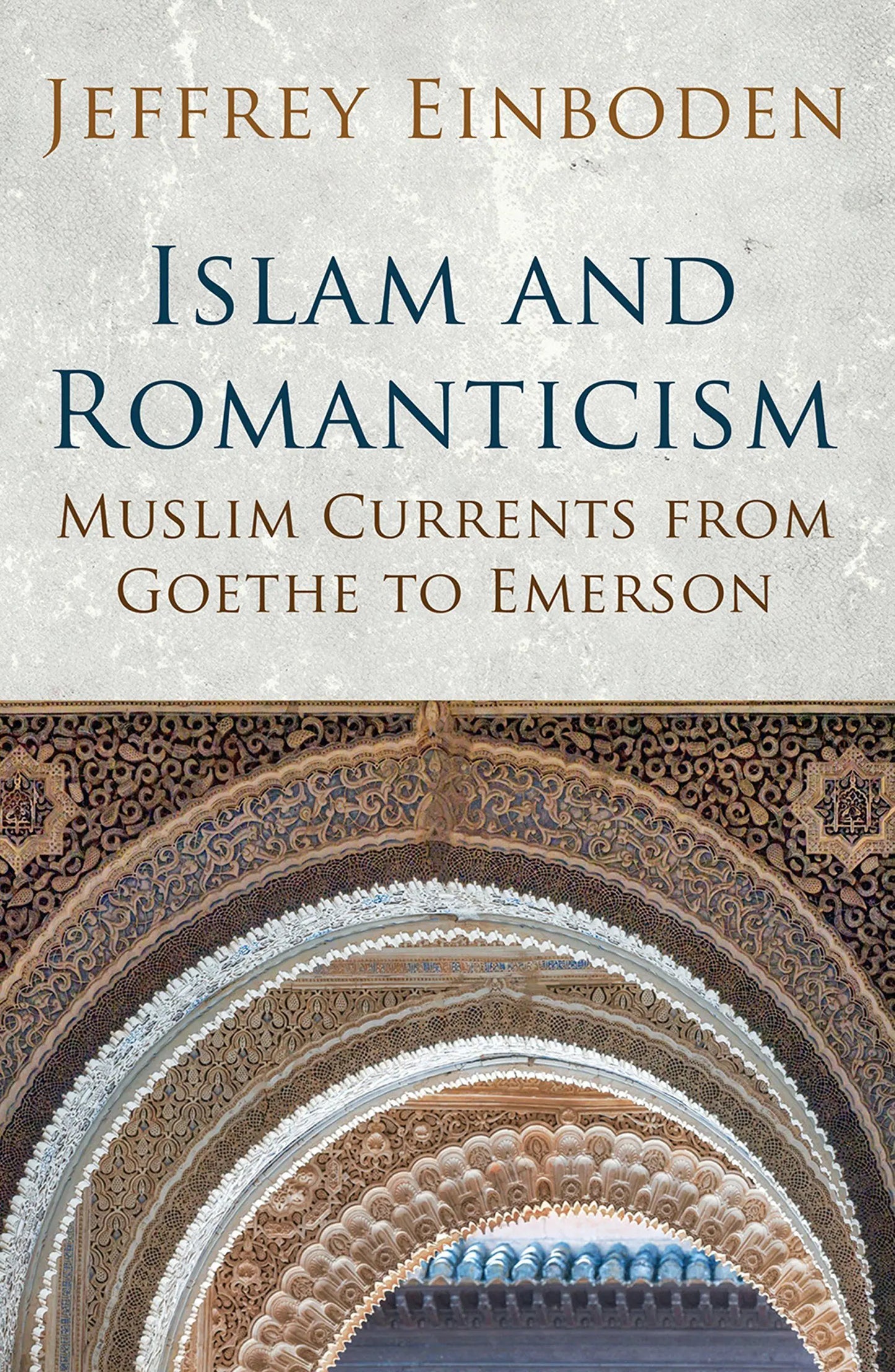About The Book
Revealing Islam's formative influence on literary Romanticism, this book recounts a lively narrative of religious and aesthetic exchange, mapping the impact of Muslim sources on the West's most seminal authors. Spanning continents and centuries, the book surveys Islamic receptions that bridge Romantic periods and personalities, unfolding from Europe, to Britain, to America, embracing iconic figures from Goethe, to Byron, to Emerson, as well as authors less widely recognized, such as Joseph Hammer-Purgstall.
Broad in historical scope, Islam and Romanticism is also particular in personal detail, exposing Islam's role as a creative catalyst, but also as a spiritual resource, with the Qur'an and Sufi poetry infusing the literary publications, but also the private lives, of Romantic writers. Highlighting cultural encounter, rather than political exploitation, the book differs from previous treatments by accenting Western receptions that transcend mere "Orientalism”, finding the genesis of a global literary culture first emerging in the Romantics' early appeal to Islamic traditions.
CONTENTS
Acknowledgments
Introduction: Weimar, 2000: Memorializing Goethe's Ḥāfiẓ
1 Weimar, 1800: Dramatizing Goethe's "Mahomet”
2 "Mohammed came forward on the stage”: Herder's Islamic History
3 "In the footsteps of Mohammed”: Friedrich Schlegel and Novalis
4 "Allāh is the best Keeper”: Joseph Hammer's Ḥāfiẓ
5 "In no other language”: Goethe's Arabic Apprenticeship
6 "Is the Qur'an from eternity?”: Goethe's Divan and the "Book of Books”
7 "The Flight and Return of Mohammed”: S. T. Coleridge and Robert Southey
8 "The all-beholding Prophet's aweful voice”: Southey's Thalaba the Destroyer
9 "The Prophet, who could summon the future to his presence”: Landor's Eastern Renditions
10 "I blush as a good Mussulman”: Byron's Turkish Tales and Travels
11 "Beautiful beyond all the bells in Christendom”: Byron's Aesthetic Adhān
12 "The orient moon of Islam rode in triumph”: Percy Bysshe Shelley as "Islamite”
13 "The female followers of Mahomet”: Mary Shelley's Frankenstein
14 "A strong mixture of the Saracenic with the Gothic”: Irving's Islamic Biographies
15 "Twenty thousand copies of the Koran”: Poe's Muslim Medium
16 "Unveiled Allah pours the flood of truth”: Emerson's Islamic Civics
Epilogue: Romantic Requiem: The Islamic Interment of Yūsuf bin Ḥāmir
Notes
Bibliography
Index
About The Author
Jeffrey Einboden is Associate Professor in the English Department at Northern Illinois University. Most recently, he has authored Nineteenth-Century U.S. Literature in Middle Eastern Languages, a study of celebrated American authors in Arabic, Persian and Hebrew translation. Einboden's research has appeared in journals such as Middle Eastern Literatures, Translation and Literature, and the Journal of Qur'anic Studies; his article "The Genesis of Weltliteratur” was named in 2006 one of the "100 seminal articles” published by Oxford University Press Journals during the past century.
show more

